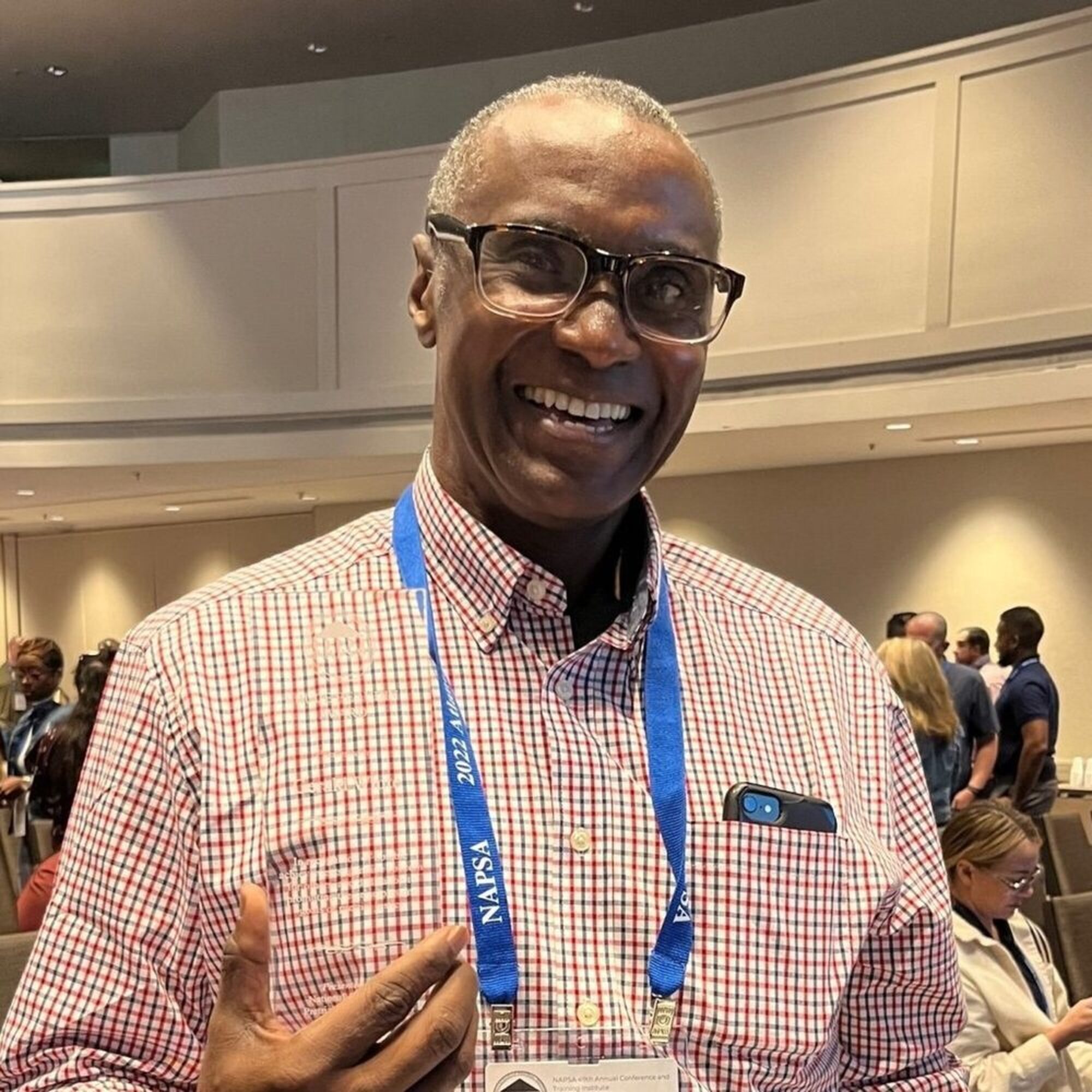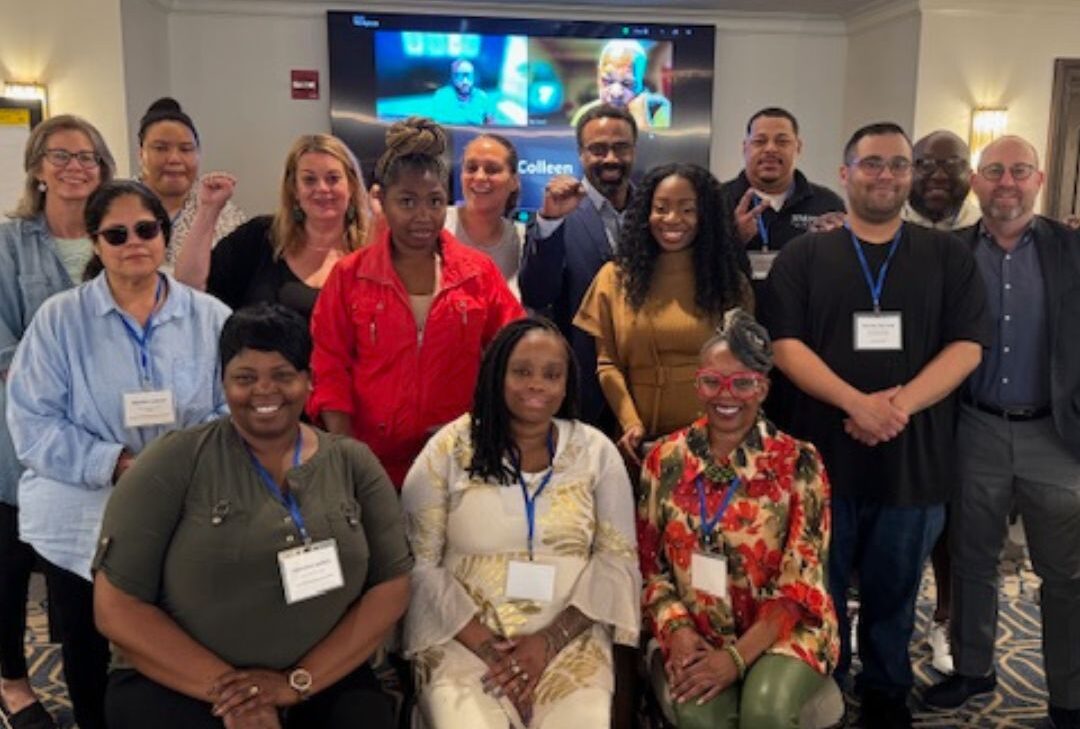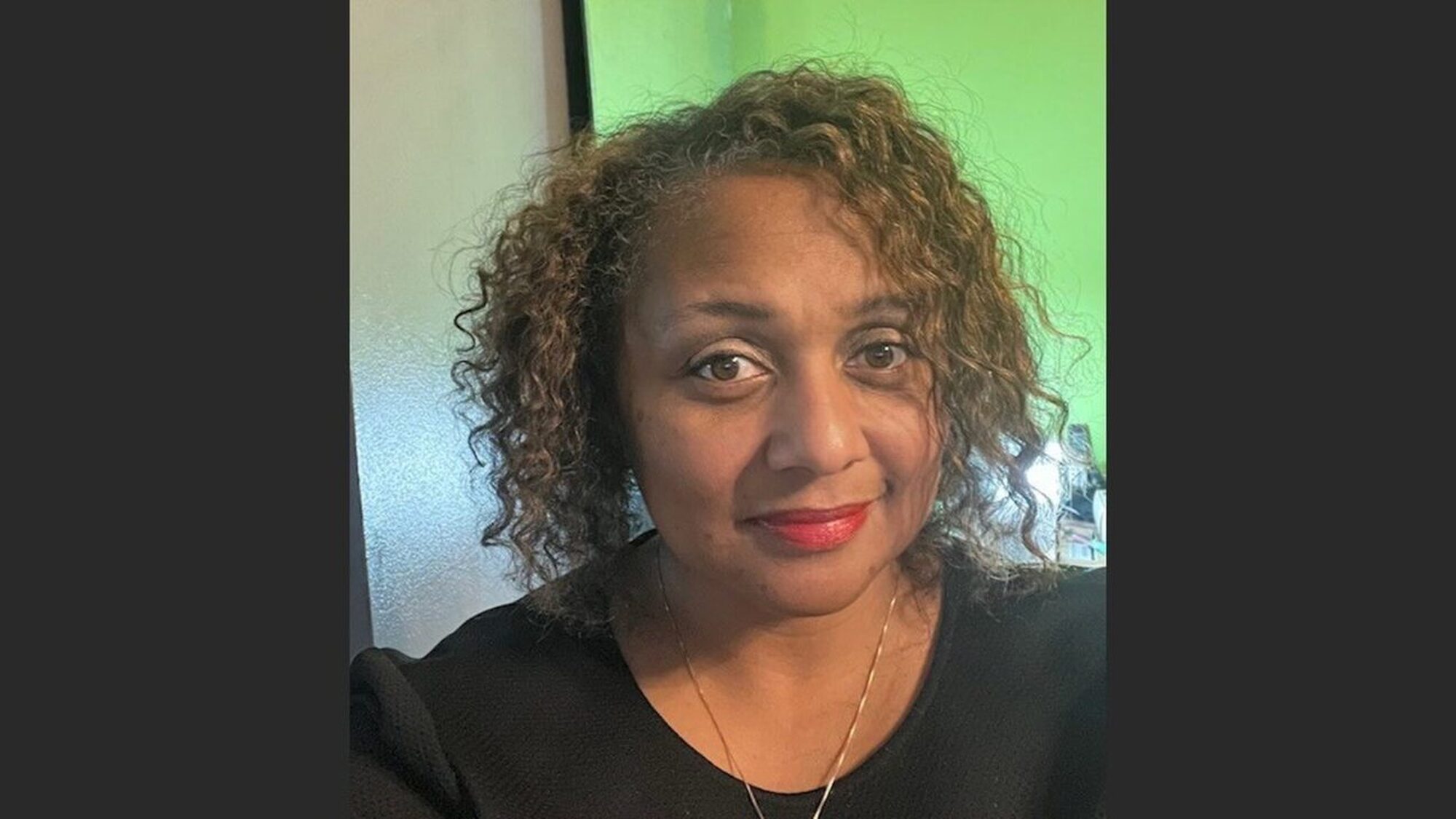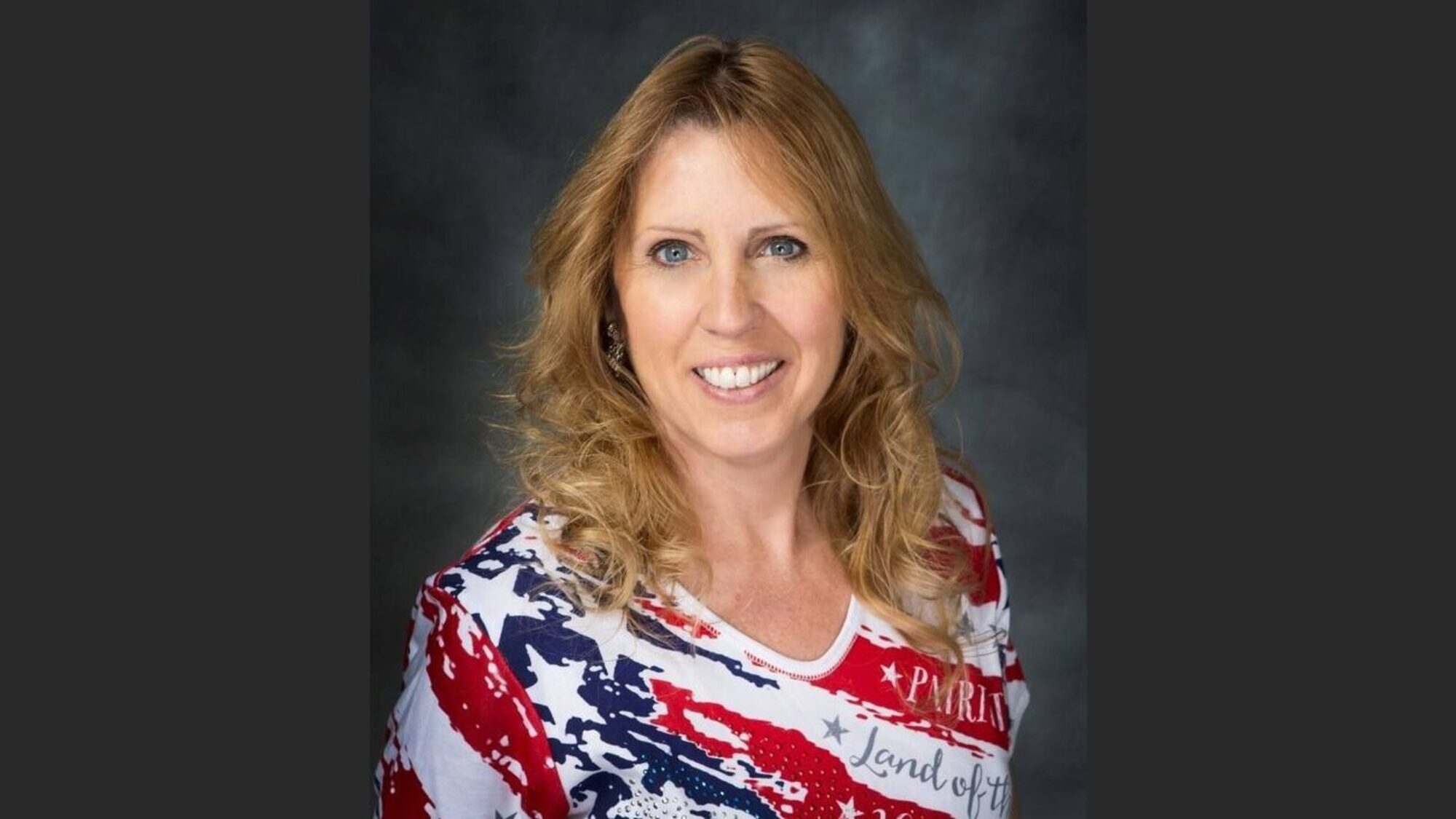Gerald White describes his work as a court compliance manager with the San Francisco Pretrial Diversion Project (SF Pretrial) as “client-centered.” With funding from a variety of government, private, and philanthropic sources, SF Pretrial is a nonprofit, community-based organization contracted to ensure that people who have been arrested and released from jail pending their case resolution comply with their court-ordered obligations. Gerald and the other staff at SF Pretrial do this—and do it successfully—by focusing on each client’s situation and needs. It is not the traditional method of managing pretrial compliance, Gerald says, but “it’s the only way I see it working.”
The approach comes naturally to Gerald. He will tell you he was “born to be of service.” Growing up, Gerald’s mother’s house served as a daycare for the children of his seven older siblings. To keep the peace, he says, “Someone had to take care of all these children’s needs. I learned at a very young age how to take care of and to be of service to other people.”
He has carried his commitment to serving others through school, his early work experience, and into his role at SF Pretrial for more than 15 years.
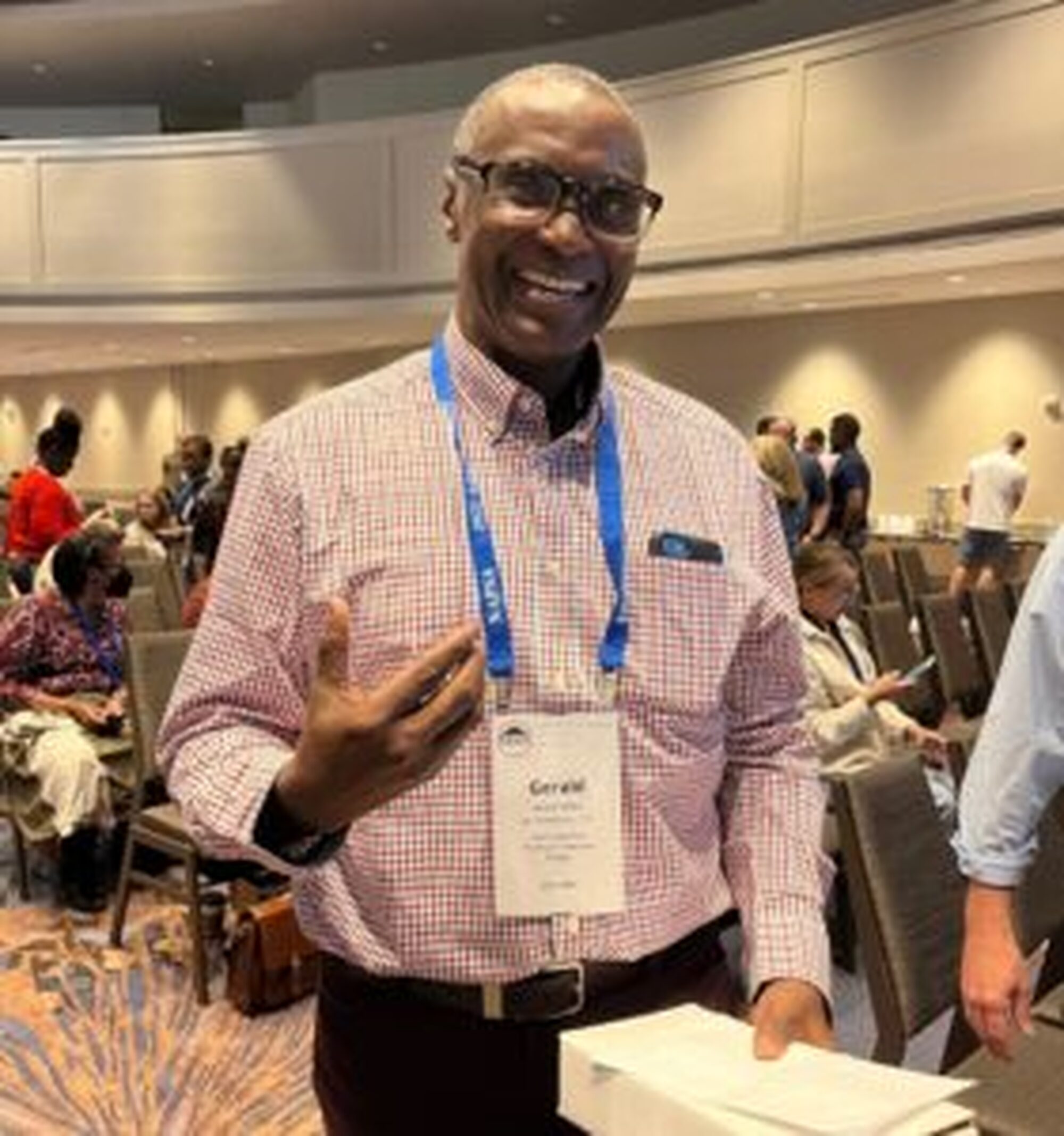
Client-Centered Pretrial Services in Practice
People who provide client-centered pretrial services recognize that each arrested individual differs in what they need to be successful while awaiting their case’s resolution and seek to support them to help meet those needs.
“We meet people where they are,” Gerald says. He means this in the proverbial sense—they work with clients to assess their needs and ways to address them based on the individual’s willingness to participate—and literally too.
SF Pretrial staff meet most clients at the jail when they are released. They walk down the street with them to the SF Pretrial offices, review the client’s court orders, and assess how to best support them to meet those obligations successfully.
Making Connections and Meeting Needs
If appropriate, SF Pretrial connects clients who have substance use disorders or mental health needs to treatment services. The organization can even provide short-term housing at a nearby hotel to help clients stabilize after their arrest or to keep them safe for a few days while waiting for a treatment bed to be available.
Stable housing is an essential resource in Gerald’s work and to his clients. The number of people in San Francisco experiencing homelessness has increased significantly in recent years, and as many as 30 to 40 percent of SF Pretrial’s clients at the highest supervision levels are unhoused. Meeting these clients where they are, Gerald says, may involve going to Golden Gate Park, knocking on tents, and saying, “Okay, fellas, we gotta get to court!”
Gerald and his staff may also connect with their clients’ families and friends, depending on the intensity level of an individual’s plan. If a client misses an appointment or court date, Gerald and his staff can track them down by reaching out to the people in their lives. If a client calls to say they missed the bus and are running late, Gerald’s team can inform the judge and ask them to adjust the schedule, avoiding unnecessary additional criminal charges.
Successful Outcomes
The personal engagement with clients that Gerald describes pays off in strong relationships between SF Pretrial and the courts and attorneys they work with and, most importantly, in successful outcomes. In 2021, 94 percent of SF Pretrial’s clients in the least-intensive (Own Recognizance) program had no new charges filed, and 78 percent attended all scheduled court dates. For those in the more intensive (Assertive Case Management) program, those figures were 93 percent and 72 percent, respectively.
These results are just one reason that local partners have been supportive of SF Pretrial’s community-based pretrial services model for more than four decades. They recognize its value and have a lot of confidence in the organization’s work. Gerald describes the relationship they have with the courts and other system stakeholders as “solid.”
He is hopeful that more pretrial services organizations—both community-based and system-based—will embrace a client-centered approach.
“For me, it always goes back to humane service and practicing that service with compassion. I think that is very unique to our agency, but something I hope will become more widespread throughout the pretrial field.”
“For me, it always goes back to humane service and practicing that service with compassion. I think that is very unique to our agency, but something I hope will become more widespread throughout the pretrial field.”

